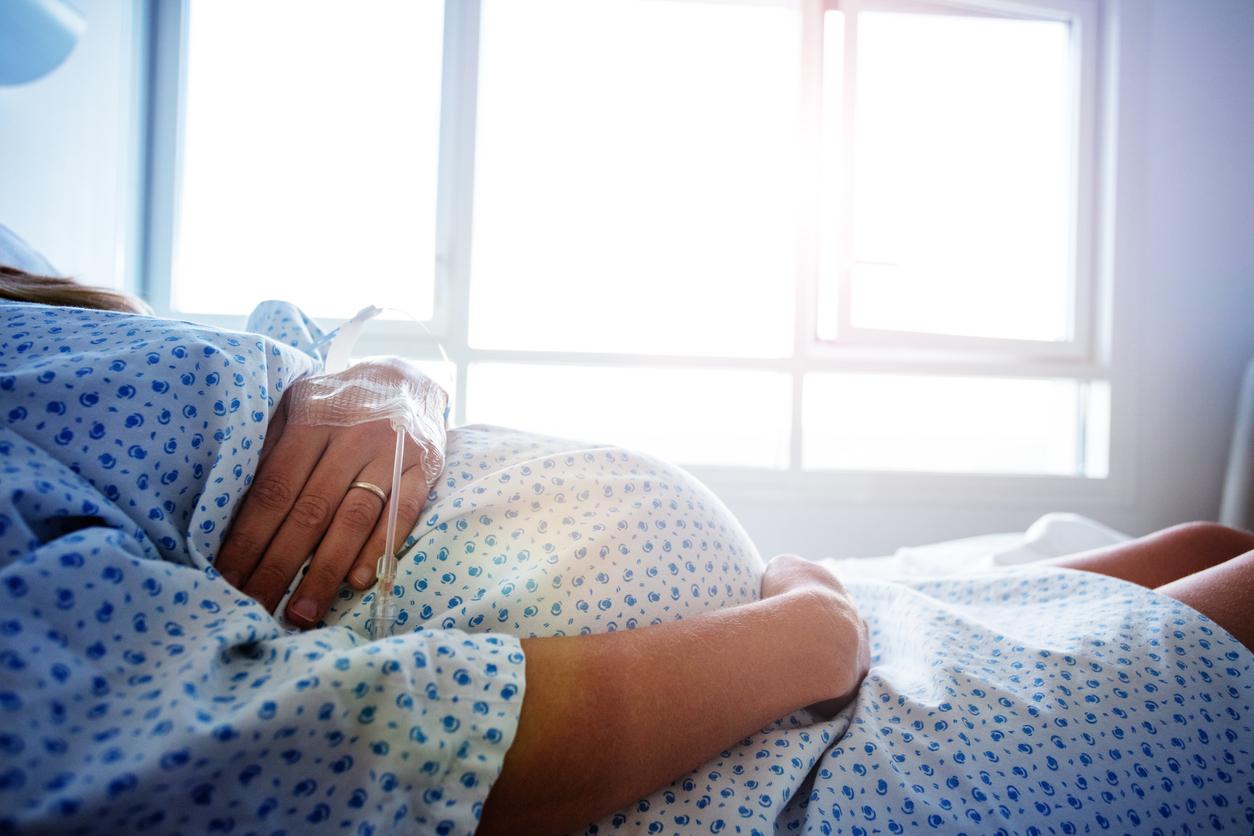Pregnant women consuming these benzodiazepines may be more likely to experience spontaneous termination of their pregnancy.

- Benzodiazepines are used to relieve anxiety, stress or insomnia.
- Consumption of these medications during pregnancy is associated with a high risk of miscarriage.
- This risk varied depending on the specific type of treatment.
Called “calmatives” or “tranquilizers”, benzodiazepines, which include around twenty medications, are generally prescribed to reduce anxiety, stress or insomnia. But, like all treatments, they can cause more or less serious side effects depending on the prescribed dose and individual sensitivity. Among them, we find drowsiness, confusion, lack of concentration, memory loss, dizziness, irritability, headaches, heart rhythm disturbances, etc. “Unlike other medications, these side effects do not fade after a few weeks of taking treatment”reported the Ministry of Health.
Benzodiazepines: “potential harmful effects on newborns”
“The use of benzodiazepines during pregnancy has raised significant concerns due to the potential harmful effects of these treatments on newborns. However, research on the link between benzodiazepine use and the risk of miscarriage is limited.” , said researchers from National Taiwan University. This is why they decided to carry out a study published in the journal JAMA Psychiatry, on December 27, 2023.
As part of their work, the scientists used the country’s health databases, focusing on pregnancies that resulted in miscarriage between 2004 and 2018. The team also took into account factors likely to increase the risk of miscarriage, such as demographic characteristics and prior comorbidities. Benzodiazepine exposures during the “risk period” (1 to 28 days before miscarriage) and two “reference periods” (31 to 58 days and 181 to 208 days before last menstruation) were compared for each pregnancy.
Pregnancy: increased risk of miscarriage when using benzodiazepines
Of more than three million pregnancies, 4.4% ended in miscarriage. According to the results, the use of benzodiazepines in pregnant women was associated with an increased risk of spontaneous termination of pregnancy. This risk varied depending on the specific type of benzodiazepine, but it was always higher than in patients who did not use these medications. “This work highlights the need for healthcare professionals to carefully assess the risk-benefit ratio when considering prescribing benzodiazepines to treat psychiatric and sleep disorders during pregnancy,” the authors concluded.


















